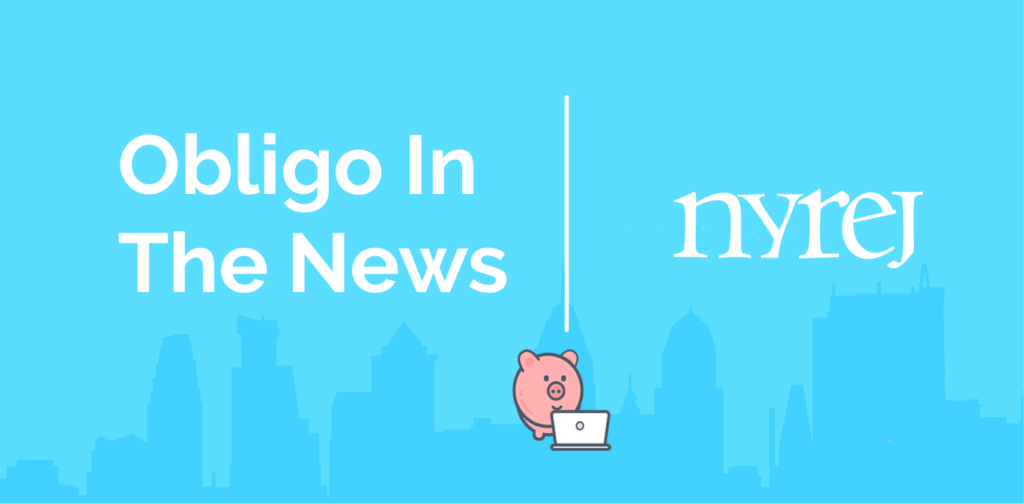This article was originally published in the Mid-Atlantic Real Estate Journal.
Property management companies are facing increased pressure to streamline processes and adapt with the latest technologies. It’s only a matter of time before renters have a 100% digital experience when they move in and out of their new homes.
In 2021, equity and debt investment in U.S. proptech totaled $32 billion, a new annual all-time high – and it’s because old school real estate has historically been slow to adapt to new technology solutions, but that’s obviously changing fast.
In this new digital-first world, with the increasing popularity of security deposit alternatives, virtual tours, smart homes, leasing automation, and remote onboarding, effective tenant communication is paramount. This is especially true in competitive markets, in which tenants are inundated with offers.
Both landlords and property managers need to cut through the noise. To effectively communicate, build trust, and create a better rental experience, here are some factors property managers should consider:
Fine print visibility
Property managers that provide direct access to various third-party applications share the responsibility of understanding the vendor’s service and how it’s being described to renters.
Don’t settle for a quick demo. Make sure you’re familiar with the service and the exact manner in which it’s described to your renters, which will ensure that you both avoid any unpleasant surprises.
It’s important for renters to understand exactly what they’re signing up for, especially as deposit-free renting and paperless billing become more prevalent. For example, deposit-free alternatives offer renters the ability to skip paying a security deposit while instead paying a small monthly fee. Both renters and property managers need to fully understand how the process works, what benefits they’re receiving, and what they’re accountable for.
Customer journey seamlessness
Tenants are bombarded with digital communication, not only from their landlord or proptech vendors, but from everywhere. The potential for miscommunication and conflicting messages is growing. In this environment, it’s easy for important messages meant for tenants to get lost in the shuffle.
Property managers should understand the cadence and content of their vendor communications, and review them in advance. If needed, they can request to remove steps or make changes so the renter experience aligns with their current flow.
Consistency is key. The renter’s journey should not be disrupted by vendor communications that look or feel too different. White labeling is a useful strategy to keep your property branding consistent.
How proptech can help
Meanwhile, proptech companies need to adapt to changing trends in technology and build their products in an API-first environment. Doing so allows them to integrate better with existing property management softwares, which makes it easier to get buy-in from tech-forward property managers.
The bottom line
With the explosion of digital tools in the real estate industry, the potential for noise and miscommunication has increased. Both landlords and proptech companies should care deeply about how renters receive their communications and understand their services.
For landlords, it will greatly improve the renter experience. For proptech companies, an optimized communication cadence and embedded capabilities will help get more business.
______________________________________________________
Obligo rids both landlords and renters from the burden of security deposits, making the move-in and move-out process as simple as checking in and out of a hotel. Learn how Obligo can help you streamline your operations, boost your bottom line, power a better renter experience and comply with ever-changing changing regulations!





Leave a Reply